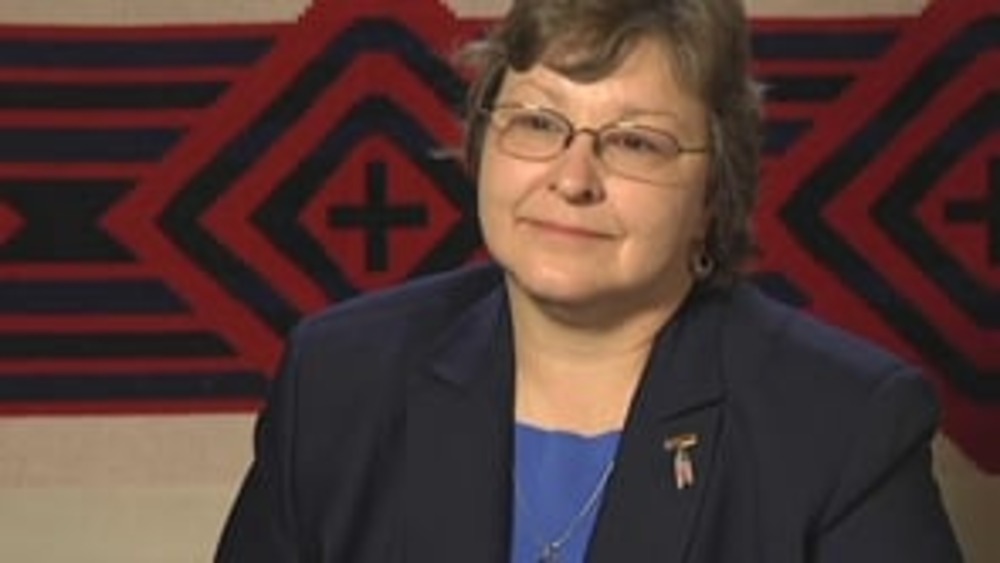Dr. Manley Begay discusses the critical role capable governing institutions play in Native nations' ability to effectively exercise their sovereignty, in particular institutions designed to ensure the neutral resolution of disputes and the careful management of the relationship between tribal politics and businesses.
Additional Information
Begay, Jr., Manley A. "Introduction to Native Nation Building." Native Nations Institute for Leadership, Management, and Policy, University of Arizona. Tucson, Arizona. 2011. Lecture.
Transcript
"You've got to have capable governing institutions. We find that those Indigenous nations that are doing relatively well economically have strong, effective, and efficient governing systems. They back up sovereignty with good rules, regulations, policies, and they are enforceable. It creates stability. The longer terms we think are better, the shorter terms we think are not so good. Although, Steve talked to you about Cochiti Pueblo, Cochiti Pueblo's leaders -- you know how long their terms are? One year. They change every year. So, you're probably wondering, 'Well, where is the stability at?' Once you serve as a governor, or a lieutenant governor, a leader at Cochiti Pueblo, you actually become a member of the Council of Principales. And in the Council of Principales, you are there for life. If you are in that Council, your responsibility is to provide advice to the new governor, to the new chief, so that's where the stability lies. That's why I'm saying that we think longer terms are better, but stability is absolutely critical.
Careful management of the politics-business connection. Separating business from politics is really important for many Indian nations. It's absolutely critical. In smaller nations, it's harder to do because everyone is a relative of yours. You have to figure out, 'Okay, what kind of rules and regulations can we build in here to make sure there's transparency? So everybody knows what's going on.' When you lose that transparency, you run into problems because people will say, 'Did you see the new chief? He is driving a new pickup truck. Oh, I know where that money came from.' When you're a leader, you are living in a glass house. Everybody knows what you are doing. 'Did you see that council member? There was a car outside that house and a lady went in there. You know what I think is going on? I think...' And then the rumors run rampant and it turns into something totally different, and the person might have just come there for sugar, who knows? (Not the kind of sugar you guys are thinking about. [Laughter]) But see, the rumors become rampant.
Effective and non-politicized resolution of disputes. This is really tough for those of you who are from Canada, but there is some movement in Canada toward sentencing circles, there is a movement toward establishing traditional tribunals, there is some movement in that direction. For those of us from the U.S., there has to be this non-politicized judicial system where the council doesn't get involved in the operation of judicial decisions that are being made by judges, and there should be no room for that. There has to be this independent function established.
There has to be a good work force, a work force that will be able to make decisions in a timely fashion [that are] binding.
And a good bureaucracy that gets stuff done."

